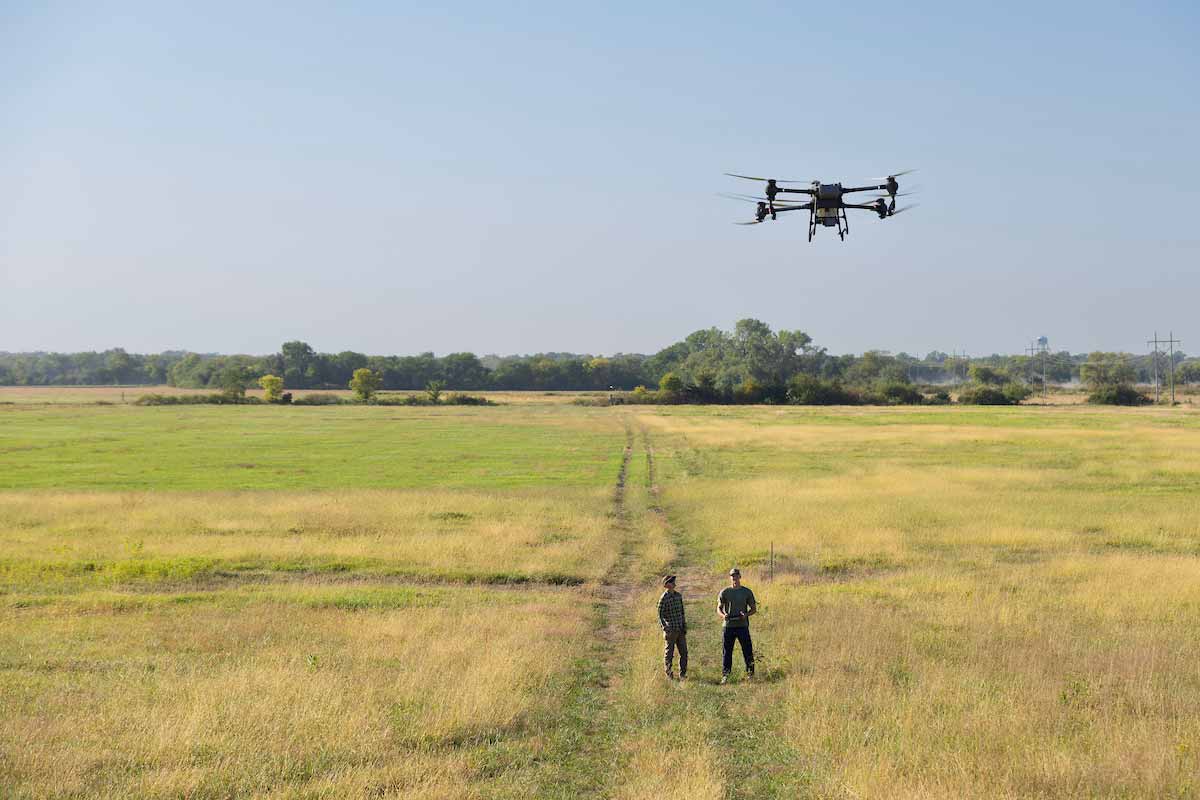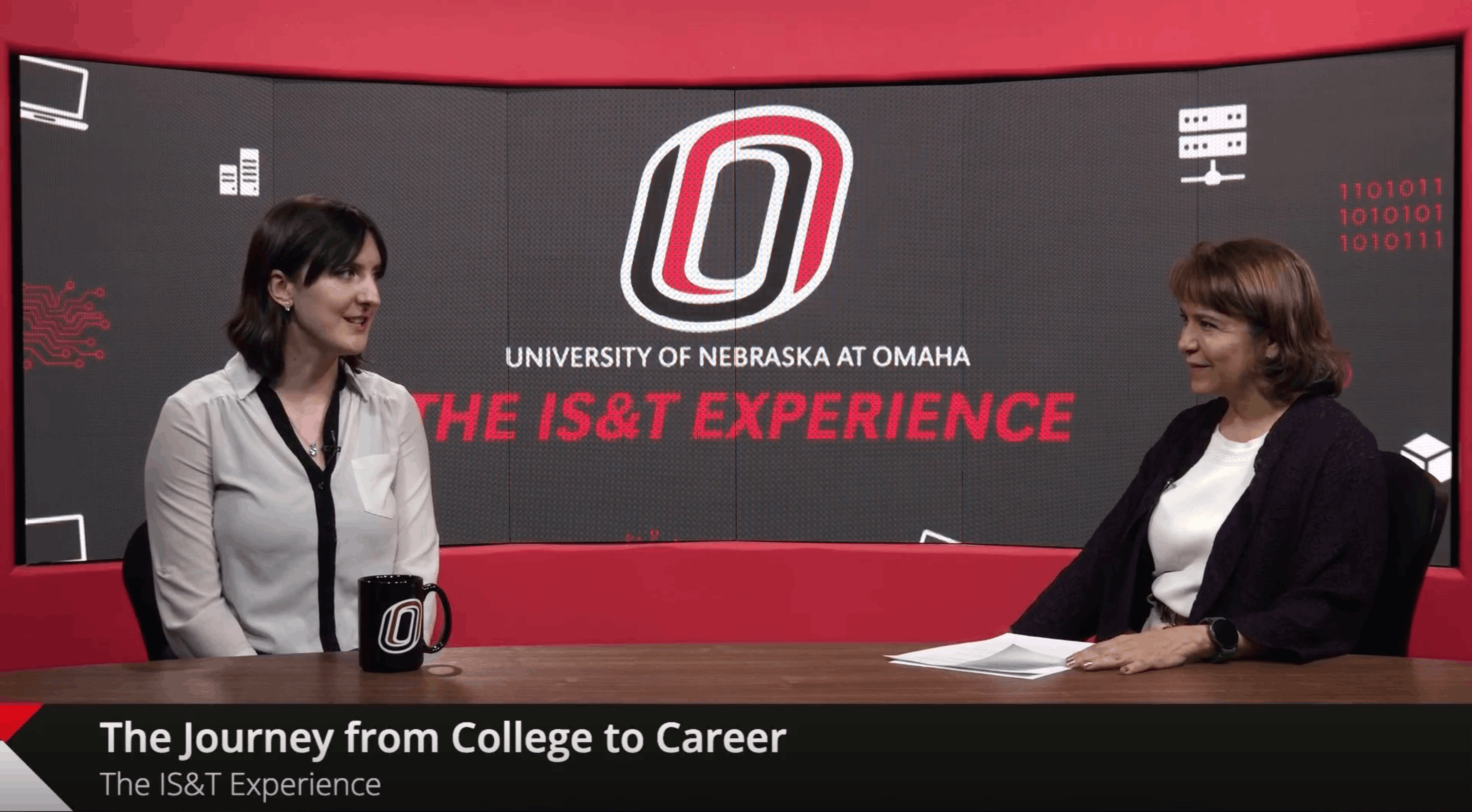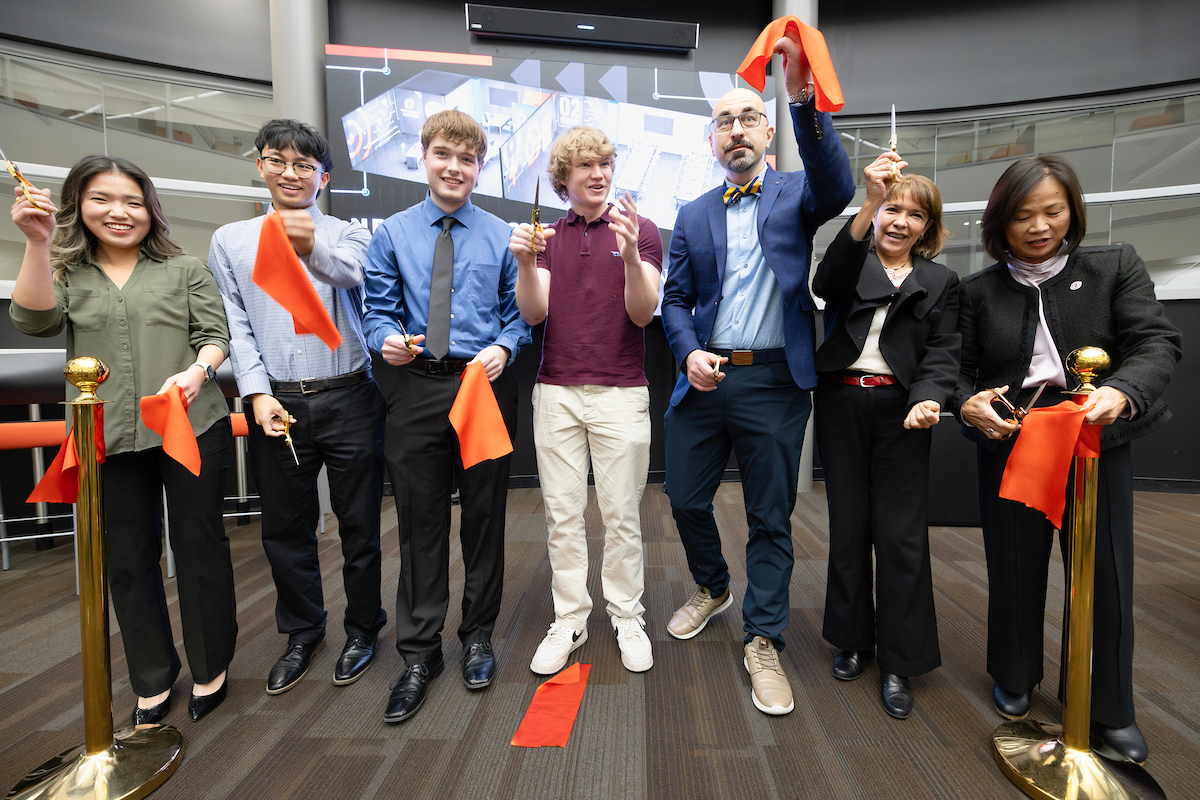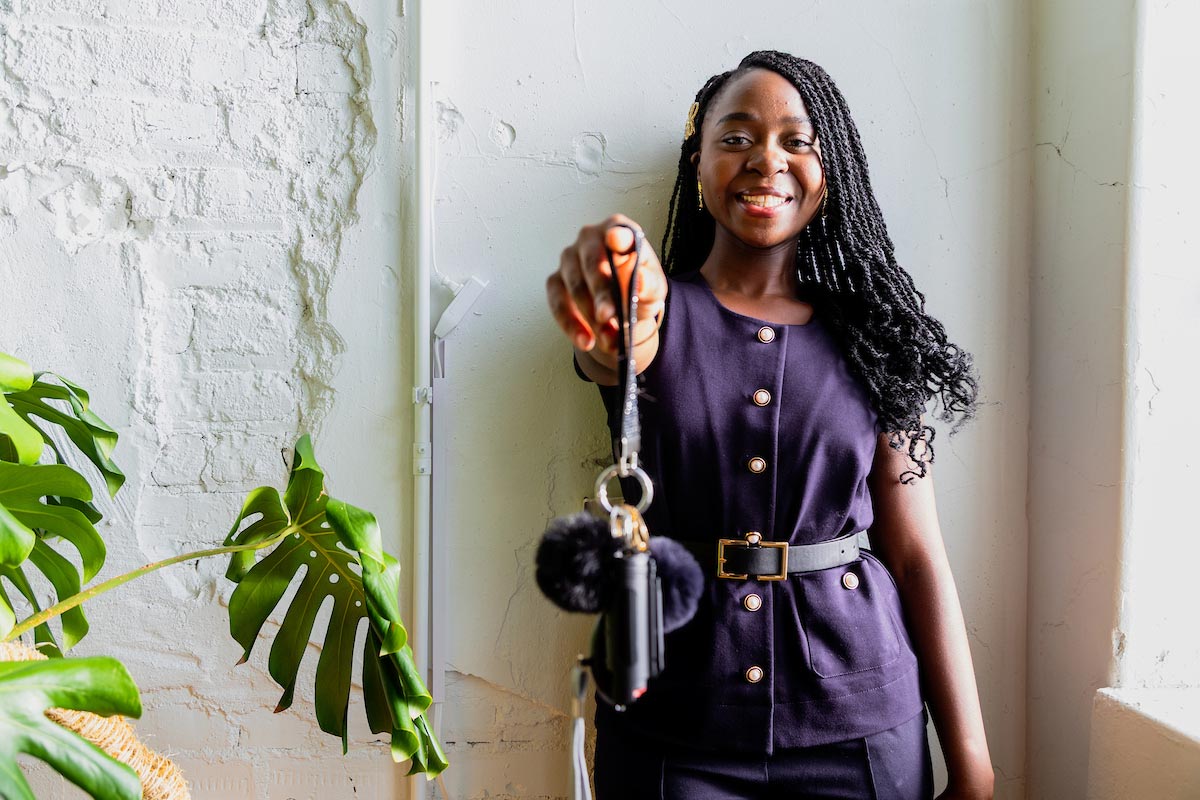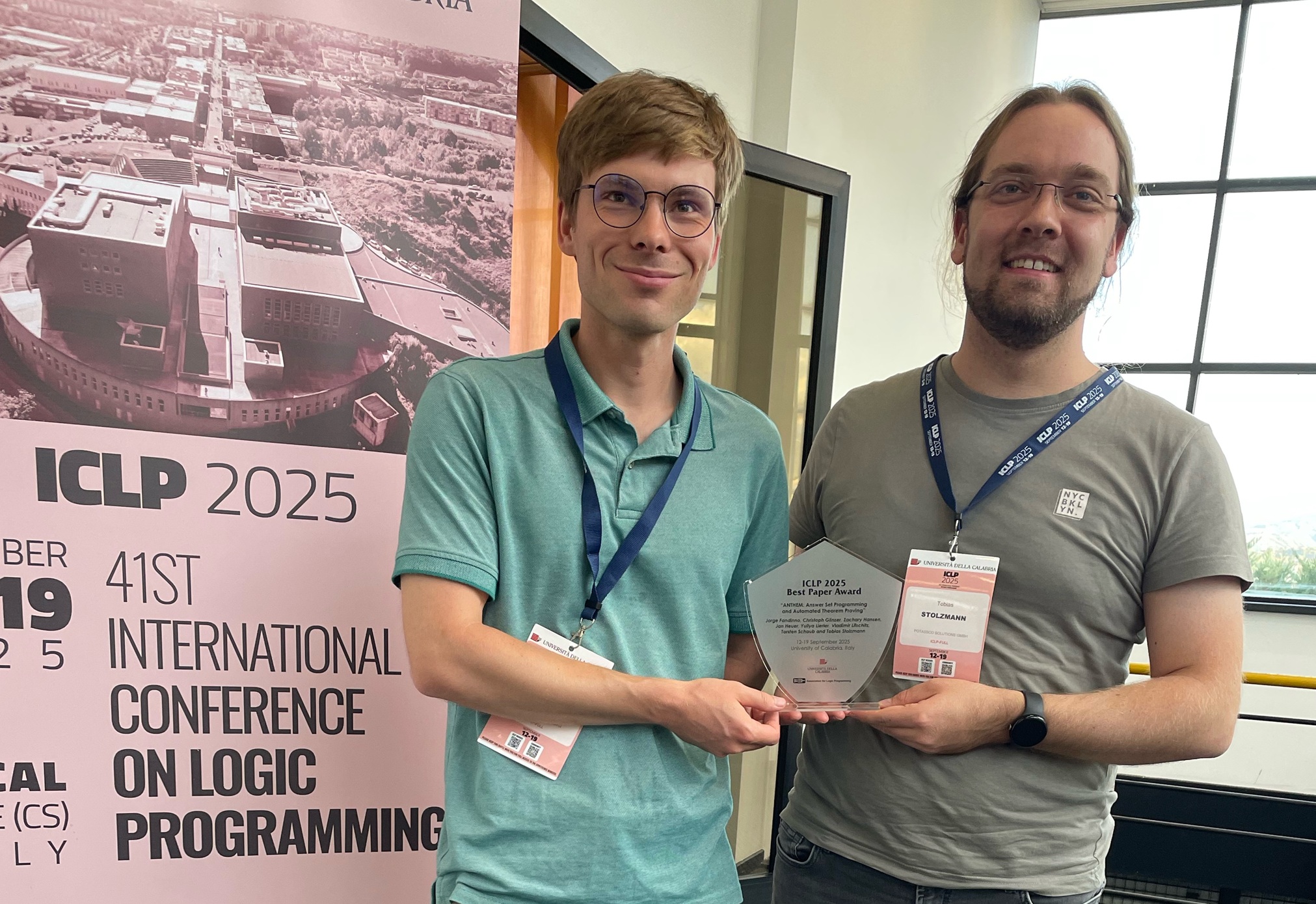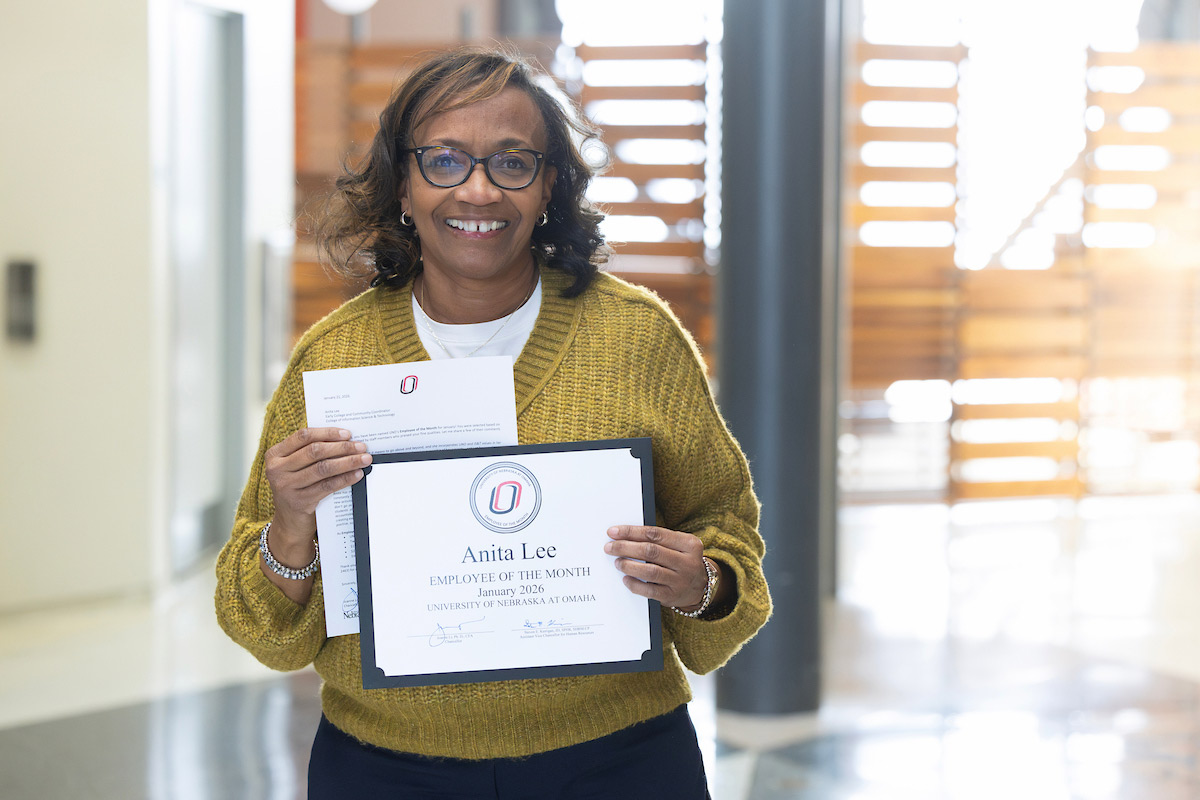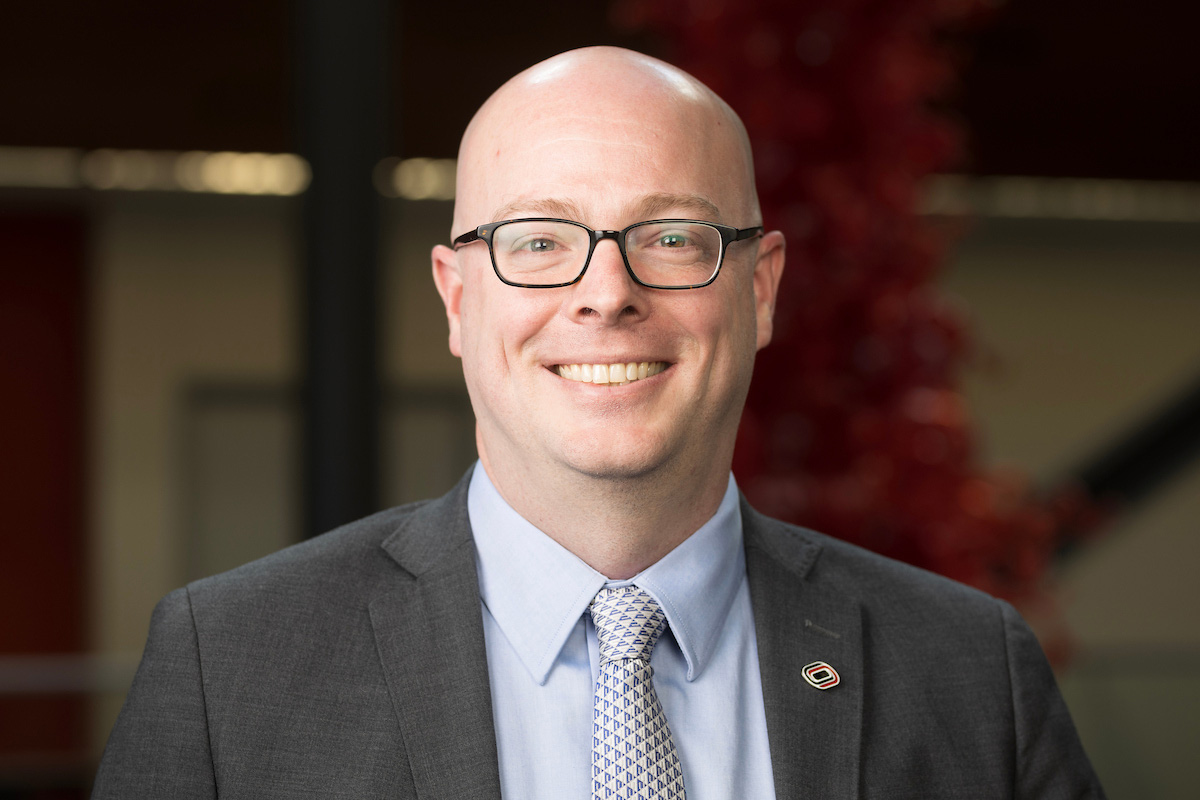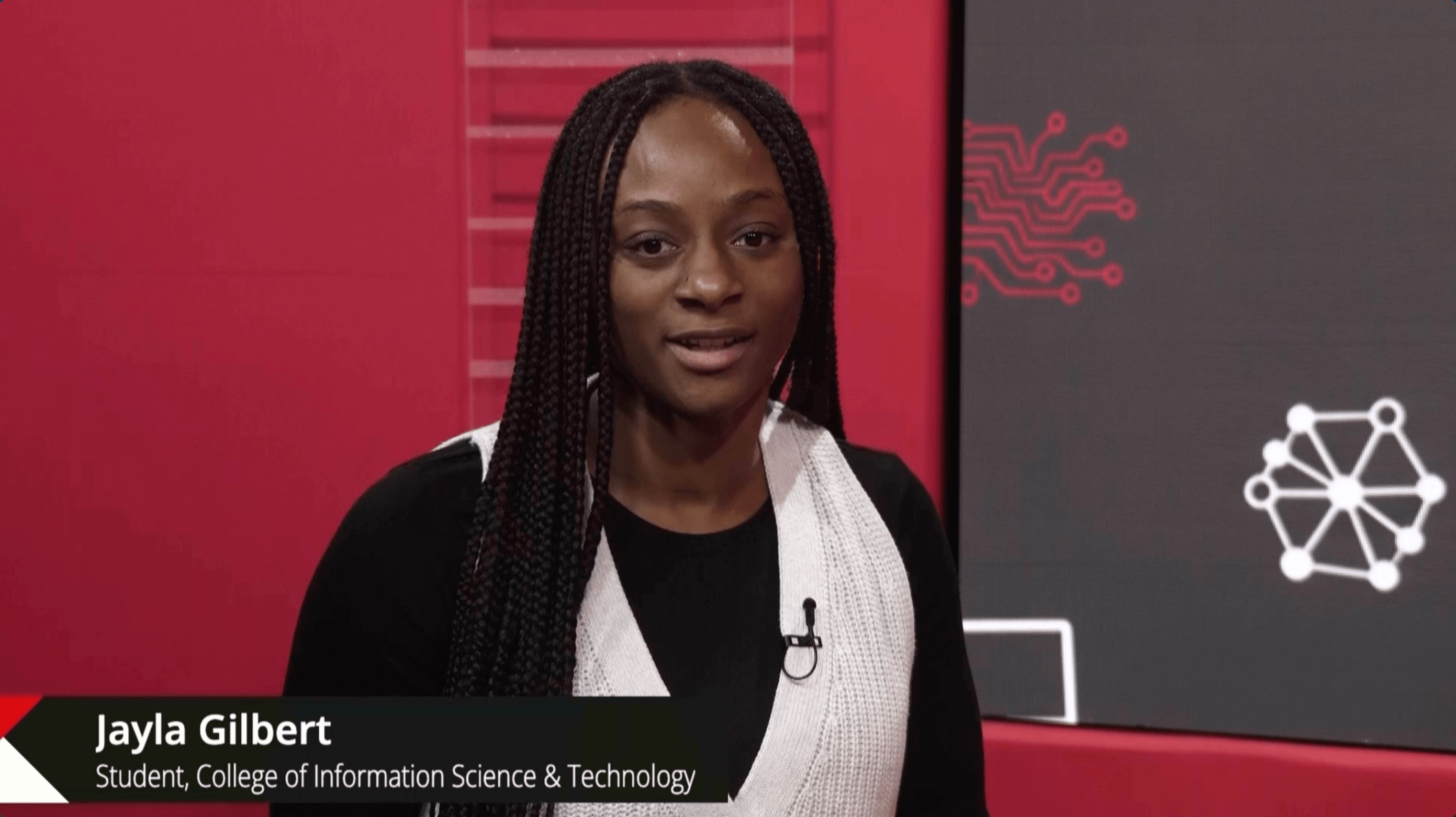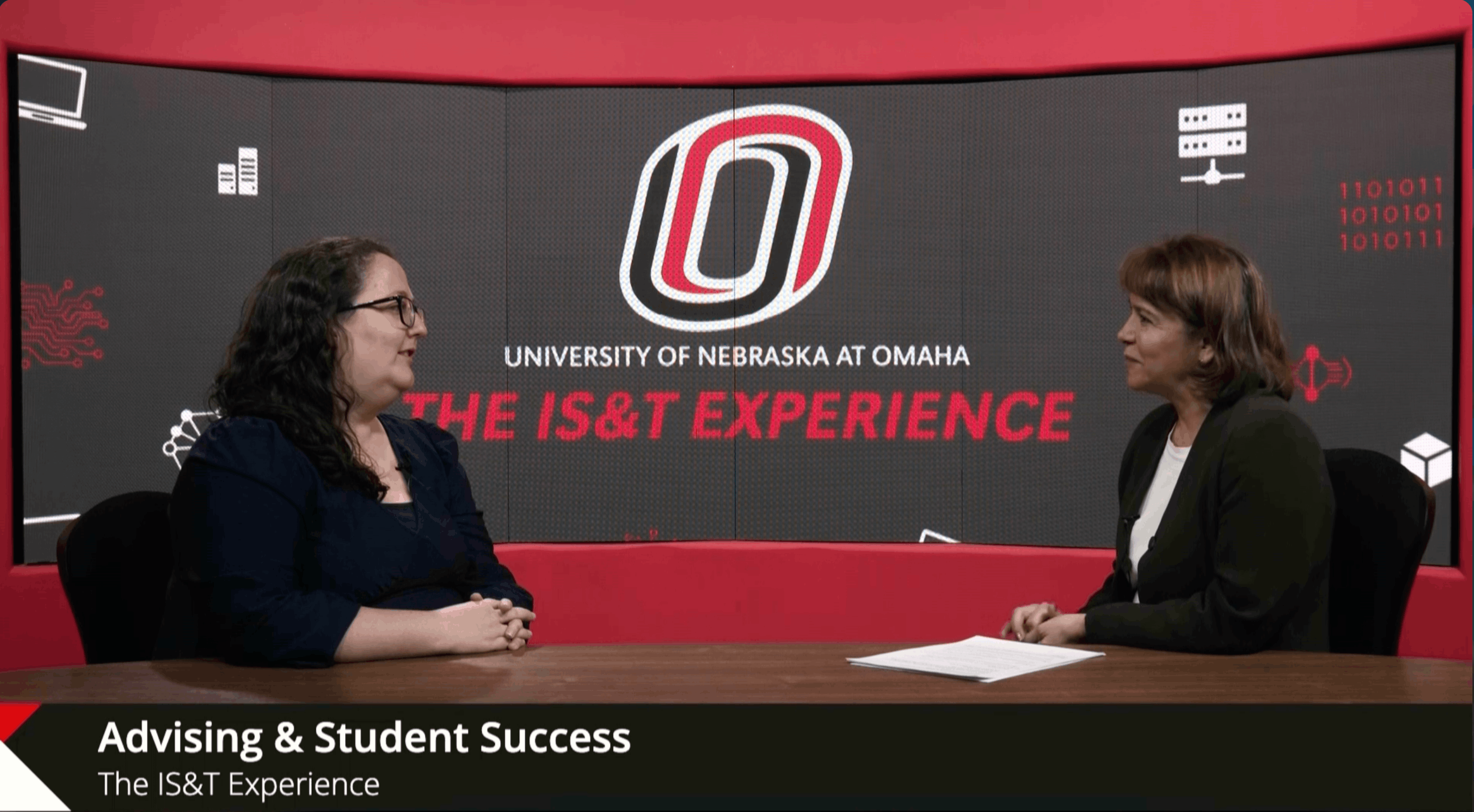Faith Suh, a senior computer science with a management information systems minor at the University of Nebraska at Omaha (UNO), has always felt drawn to entrepreneurship. In high school, disturbing stories from friends about assaults and close calls lit a fire in her.
“I was hearing stories of my friends telling me how they were assaulted in one way or the other; it just built up a fear within me,” Suh recalled. “It made me realize that a lot of people don’t talk about issues like human trafficking and self-defense awareness until something happens to someone close to them.”
Determined to break that silence, Suh launched a self-defense company called Mon Cherie Faith in January of 2023, her way of turning fear into action.
The company’s motto, “Style your safety, master your defense,” reflects Suh’s belief that personal safety can be both practical and empowering. What began with selling safety tools like pepper spray and stun-gun keychains has now evolved into a broader mission of education and sisterhood.
“I knew I wanted something that provided value to people,” she said, “and I saw that safety was a huge need that a lot of people didn't talk about.”
Building a Community Workshop
This summer, Suh brought her vision to life in the form of Mon Cherie Faith’s inaugural Cherie Self Defense Workshop, a community-centered event combining a human trafficking awareness seminar with practical self-defense training.
Attendees heard from Stevie Stallbaum, an advocate and educator on human trafficking, who shared eye-opening insights into recognizing and preventing trafficking. They also received hands-on training from Cynthia St. Amour, a self-defense instructor whom Suh describes as a “true powerhouse.”
Designing the workshop wasn’t easy. Suh had to build the event from scratch, from securing a venue to recruiting expert collaborators.
“It was really hard finding people to come speak and facilitate, because, again, conversations about self-defense are very lacking in the industry,” she explained. “If you want something like that, you have to basically go out and search for it.”
Just as important to her was creating the right atmosphere, one that would encourage openness. She chose a lively, colorful space to counter the heaviness of topics like assault and trafficking.
“I want people to talk about deep conversations, but in spaces that make them feel comfortable,” Suh said of her brand’s philosophy.
Sisterhood in Action: The Workshop Experience
On the day of the workshop, that sisterhood Suh envisioned became a reality. About 30 women of various ages showed up.
Suh kicked off the event by introducing Mon Cherie Faith’s story and mission, then handed the floor to Stallbaum for a frank discussion about human trafficking in Nebraska and beyond. The audience was riveted, many had never heard such candid talk about how traffickers operate or how to stay alert.
“People were speaking to the speaker afterwards, engaging and ready to learn,” Suh noted, pleased to see attendees eager to ask questions and seek more information even after the talk concluded.
Next came the physical self-defense lesson. St. Amour’s energy and expertise quickly put the group at ease. She demonstrated simple defensive stances, strikes, and escape techniques, emphasizing that anyone can learn to protect themselves with practice.
When it was the participants’ turn to try, a few were hesitant at first. Throwing a punch or a kick in front of strangers can feel daunting, but Suh watched as the room transformed. One by one, each woman stepped forward to practice a move on the padded target. Applause and laughter broke out as the others cheered on their peers.
“Everyone was a bit shy and reserved at first, but as we started practicing and getting into little activities, when each attendee started throwing their kicks or punches, people started cheering for them,” Suh said, beaming. “You could see exactly what I had in my mind come to life. You could see that sisterhood, the bond, the community being built. Everyone got comfortable as we went on, and that’s exactly what I was looking for from this event.”
In addition to the training, Suh incorporated a powerful reflection exercise at the end of the workshop. She handed out slips of water-soluble paper and asked each attendee to write down a fear, a traumatic memory, or anything holding them back. One by one, they dropped their papers into a bowl of water and watched the words literally dissolve.
“All those things you’ve just dropped in the water, they’re no longer tied to you. They’re gone away,” Suh told the group. Several participants smiled through tears and exchanged hugs during this closing ritual, illustrating the “space for sisterhood, safety, and real conversations” that Suh set out to create.
Juggling School and Startup Life
Pulling off an event of this magnitude was immensely rewarding for Suh, but it was also, in her words, “very, very hard” to manage as a full-time student. Unlike many of her peers, Suh didn’t take the summer off from school.
“This summer, I’m taking three summer classes, so it’s not like I had a break from school,” she said. “I had to really work on my time management.”
There were moments when the juggling act felt overwhelming. Suh admits she leaned on her support network frequently throughout the process.
“It was difficult, but that drive and determination I had from the start really helped me see it through,” she reflected, “and not being afraid to ask for help as well was very helpful to me.”
From seeking advice from mentors like St. Amour to delegating small tasks to friends and family, Suh made sure she didn’t shoulder every burden alone.
“I’m 20 years old. I know there’s so many people ready to mentor me, ready to help me out,” she said. “I’ve learned so much just by asking for help and admitting like, yes, I don’t know everything.”
Vision and Advice from a Young Entrepreneur
Having achieved this milestone while still in college, Suh is already looking ahead and thinking big. In the next five years, she hopes to expand Mon Cherie Faith’s reach from a one-woman startup into a multifaceted enterprise.
“I hope that we keep having our self-defense workshops, because I think it’s a great addition to the company,” she said.
Suh’s dream is to eventually open a physical location. A one-stop shop where people can get safety education and hands-on training and pick up safety tools like alarms and pepper spray, all in one place.
She also has a personal vision to take Mon Cherie Faith global. Suh grew up in Cameroon, and she recognizes that personal safety and women’s empowerment are needs far beyond Nebraska.
“It’s not just needed in America, it’s needed worldwide,” she said. “So definitely expansion and reaching as many people with the mission as possible.”
As she prepares to go into her senior year, Suh reflects on what she’s learned as a student entrepreneur and eagerly shares advice for others who have big dreams.
“If you want to do something, just do it, because there’s never going to be a perfect time to do anything,” Suh said.
She started Mon Cherie Faith as a teenager and held her first major workshop at 20 years old, experiences that taught her that courage and proactivity pay off. The flip side of that coin, she noted, is knowing when to seek help.
“Starting something at a young age should not be something that scares people, and secondly, don’t be afraid to ask for help,” Suh advised.
Whether it’s guidance from professors, mentorship from professionals, or just moral support from friends, leveraging one’s community can make the difference when juggling school and business.
“With the right resources, especially as a student, it’s very doable,” she added.
In the span of two years, she went from selling safety keychains out of a personal conviction to leading a room full of women in chants of empowerment and kicks of confidence, and she’s done it all while finishing her degree.
“Faith has demonstrated exceptional leadership in addressing community needs and fostering connections across campus groups,” said Alexis Sherman. “Her innovative development of a safety keychain exemplifies her commitment to student welfare and her ability to translate advocacy into tangible solutions that make a real difference in campus life.”
By building a brand centered on sisterhood, safety, and strength, this young entrepreneur is not only helping others “style their safety” – she’s also inspiring her peers to chase their own ambitious goals.
“There’s never going to be a perfect time,” Suh reiterates to anyone on the fence about pursuing a dream. “Just start now.”
